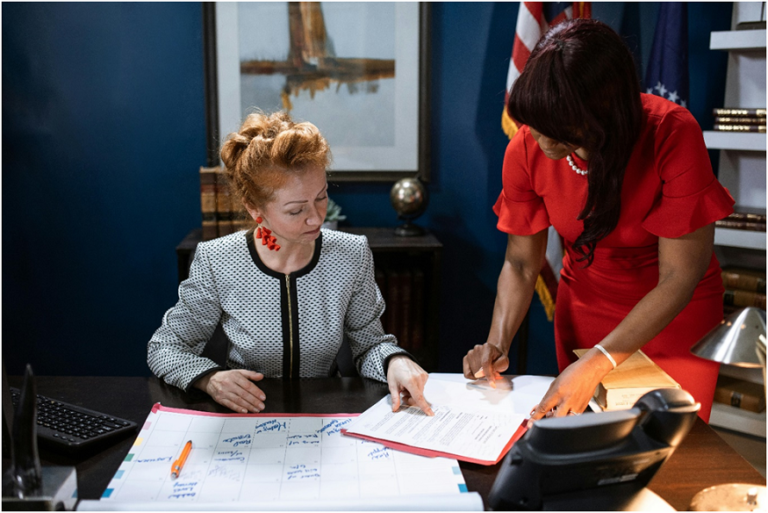What allows some teams to produce exceptional results while others flounder? Talent and resources don’t tell the entire story. Research shows high-performing teams share an intangible factor fueling cohesion and excellence: psychological safety.
Encouraging Open Dialogue
High-performing teams encourage open dialogue where members feel safe speaking openly without fear of embarrassment or retaliation. Leaders demonstrate approachability through consistency, integrity, and empathy. They admit shortcomings, explore mistakes non-punitively and welcome critical feedback without ego. Such vulnerability inspires the team’s candor in return. Leaders establish ground rules where questioning assumptions, challenging ideas and reporting issues get rewarded, not suppressed. Over time, mutual understanding builds trust to voice opinions freely.
Fostering Inclusion
Inclusive behaviors make people feel respected, heard, and valued. Leaders show authentic care for members as individuals rather than roles or responsibilities. Ask thoughtful questions to learn background stories beyond job functions and be sensitive to personal needs ranging from family matters to mental health. Draw out introverts while curtailing dominating members. Leaders should match individual strengths to tasks for fulfillment while developing weaker competencies. The people at ProTrain say that managers who obtain a formal PMP training certification learn tools for aligning skills to project objectives. Building connections centered on understanding each teammate holistically seeds fertile ground for psychological safety to take root.
Owning Failures Collectively
Perfection shouldn’t be the goal because not every project outcome meets expectations, despite the best efforts. However, high-performing teams own failures collectively rather than targeting blame. Leaders eliminate fear of punishment when things go wrong. Analyze shortcomings neutrally through shared mortification without lingering resentment. Enable members to disclose mistakes early so teams can course correct collectively before small errors snowball into big problems. Make transparency comfortable by spotlighting your own errors first. Soon teammates will open up with hard truths rather than covering up holes. Let everyone claim ownership in outcomes to share accountability burdens during good times and bad.
Celebrating Successes Lavishly
While examining failures frankly, also praise contributions and achievements energetically. Compliment brilliant ideas, thank teammates going the extra mile on deliverables and call out outstanding effort publicly. Give credit abundantly and specifically explain why work deserved such acknowledgment. Get creative with recognition through small rewards, such as buying lunch for top performers. Regularly quantify achievements using metrics like customer survey feedback, campaign-driven sales growth, productivity improvements, and cost savings/revenue generation. The use of statistics allows for the quantification of efforts that might otherwise remain difficult to measure or appreciate fully. Set milestones proactively so that systematic praise gets baked into operations. Recognition nourishing individuals simultaneously fortifies teams.
Empowering Decisions Organizationally
While leaders set direction, engender distributed decision ownership across workgroups. Push choices about how to achieve goals to the edges by including team input. Define organizational principles and guardrails for empowered choices rather than prescribing solutions. Align autonomy levels and oversight to competencies; grant advanced teams freer rein while coaching developing groups more actively. Ask questions before providing answers to flex critical thinking muscles. Even if outcomes underwhelm, the exercise of aligning authority to ability develops maturity over time. Just ensure access to the resources necessary so teams can learn through decisions rather than become frustrated by roadblocks.
Conclusion
Constructing exceptional teams transcends hiring and resources; it stems from nurturing psychological safety where candid perspectives get aired freely. Leaders fostering trust-based environments through inclusive, understanding and empowering behaviors unlock potentials beyond technical skills. Focusing first on emotional and social factors enabling candor and security means the technical expertise, then concentrates on driving outcomes rather than wrestling uncertainty. Give your teams psychological license to take risks and watch exceptional performance follow.












+ There are no comments
Add yours